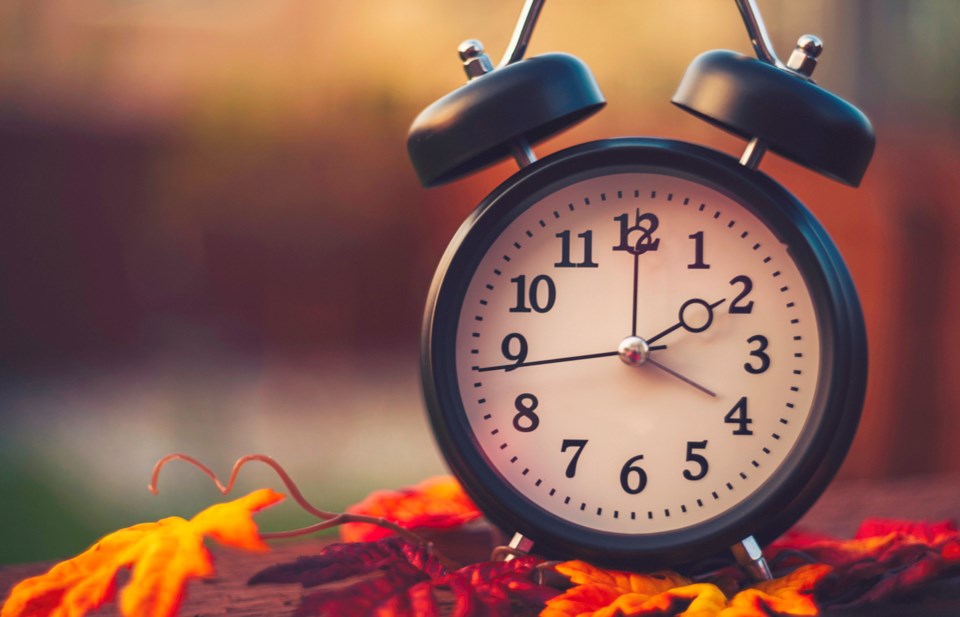THUNDER BAY — An extra hour of sleep becomes available this weekend, as Daylight Saving Time ends Sunday, Nov. 3 at at 2:00 a.m.
You should move your clocks back by one hour before you go to bed Saturday night.
Fire services say the end of DST also serves as a reminder to check smoke and carbon monoxide (CO) alarms to ensure they are working, and to change the batteries in those devices to ensure they remain operational.
Under the Ontario Fire Code, smoke alarms are required on every level of a home, and outside every sleeping area.
Carbon monoxide alarms are also mandated outside all sleeping areas if the home has a fuel-fired appliance, a fireplace, or an attached garage.
Hardwired and battery-operated smoke alarms must be replaced every 10 years.
Thunder Bay Fire Rescue recommends that older devices be replaced with newer dual smoke/carbon monoxide models.
Exposure to CO can cause flu-like symptoms such as headaches, nausea and dizziness, as well as confusion, drowsiness, loss of consciousness and death.
If a CO alarm sounds, or any occupants are suffering from symptoms of CO poisoning, the home should be vacated immediately prior to calling 911.
The Ontario Fire Marshal's Office advises residents to read the manufacturers' instructions to learn the difference between the sound of an alarm and the sound of a low battery or end-of-life warning.
CO alarms sound different from a smoke alarm.
Safety officials advise that alarms be tested every month, and that all fuel-burning appliances and vents in a home be inspected annually by a registered contractor.
